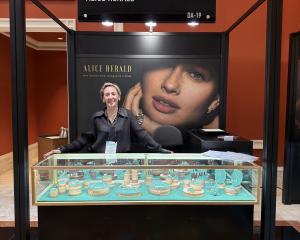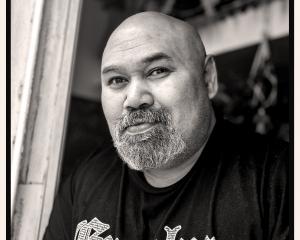
Rākai Kahukura, Wānaka’s maternity unit, opened in August last year after strong campaigns from the community to provide substantial birthing services.
The anticipated births for the unit were set to be around 50 a year and so far 34 births have taken place in the facility, with 23 women transferred to Dunedin Hospital because the facility could not cope with complications.
The unit does not provide women with obstetric, paediatric, anaesthetic or surgical back-up services, including Caesarean sections.
Before the unit opened, the closest primary birthing units were in Queenstown and Alexandra, many mothers having to go to Dunedin or Invercargill.
Kristie James, of Hawea Flat, was one of the mothers who campaigned for the birthing unit after giving birth on the floor of her midwife’s office in 2019.
Her plan had been to give birth in Dunedin Hospital, but she went into labour early and was unable to get to a hospital or maternity unit in time.
Looking back on the incident, Ms James said it was the last straw and helped raise the importance of the issue.

‘‘I think having access for mums just a bit closer to home obviously improves the safety of home birth, and also not having to travel if you do need to be in a facility,’’ she said.
Although the maternity unit was a positive addition, a recent health report by Health Action Wānaka revealed the unit was not enough, especially when there were emergencies or complications.
‘‘There is concern in the community about the lack of available emergency intervention when needed if a local birth is not going to plan.’’ chairwoman Monique Mayze said.
The report identified participants who wanted to see more pre- and postnatal mental health support for mothers.
In the report Health New Zealand Te Whatu Ora (HNZ) stated it did not have a dedicated perinatal mental health service in the Central Lakes area.
HNZ Southern director of midwifery Karen Ferraccioli said the new maternity unit had so far been positive, with more midwifery roles on offer in the region to improve the service.
‘‘New community midwifery roles are in the pipeline as we work to broaden maternity services within the region, bring services closer to home and increase accessibility,’’ she said.
It had also recently welcomed further lead maternity carers (LMCs) in Central Otago, but there was no current long-term plan to provide local women with better emergency services or mental health care.
Construction for the new birthing unit in Clyde is to begin later this year with an opening date of early 2027, after it was put on hold in 2023.
The new unit is set to include three antenatal consultation rooms, a birthing room, a flexi-room, two postpartum rooms and a community or whānau room.











